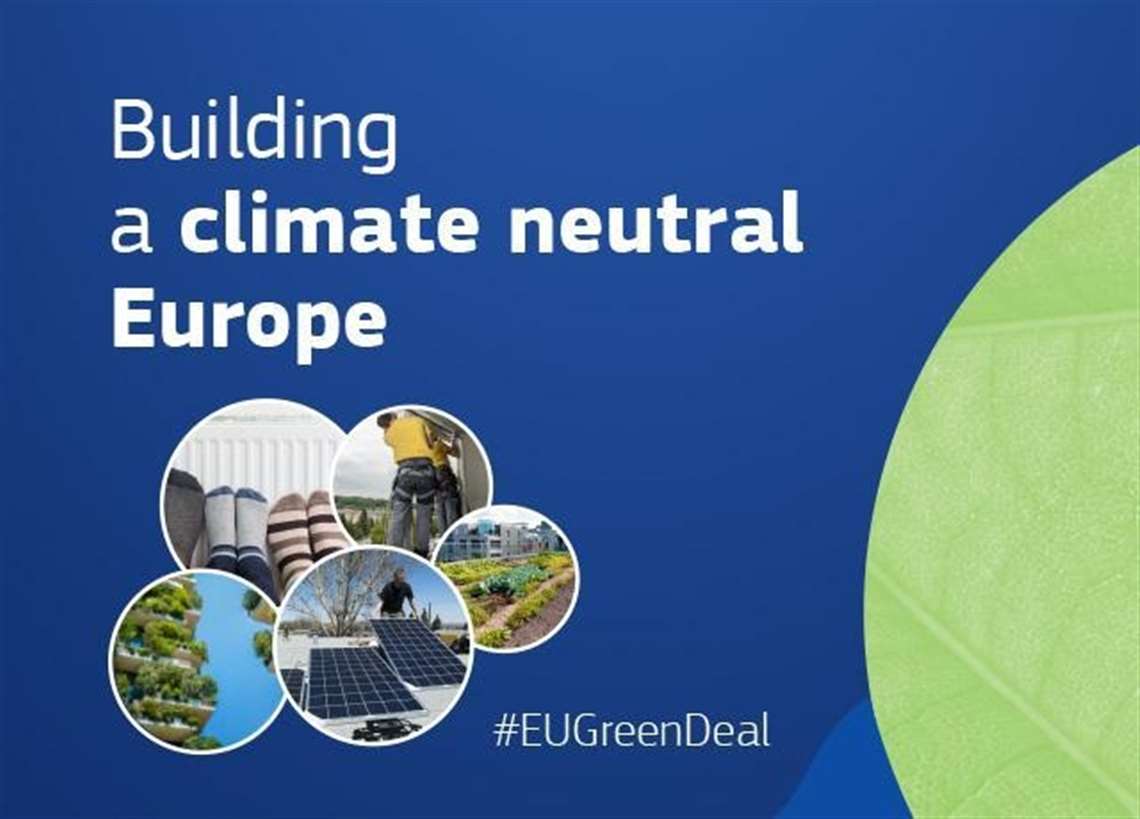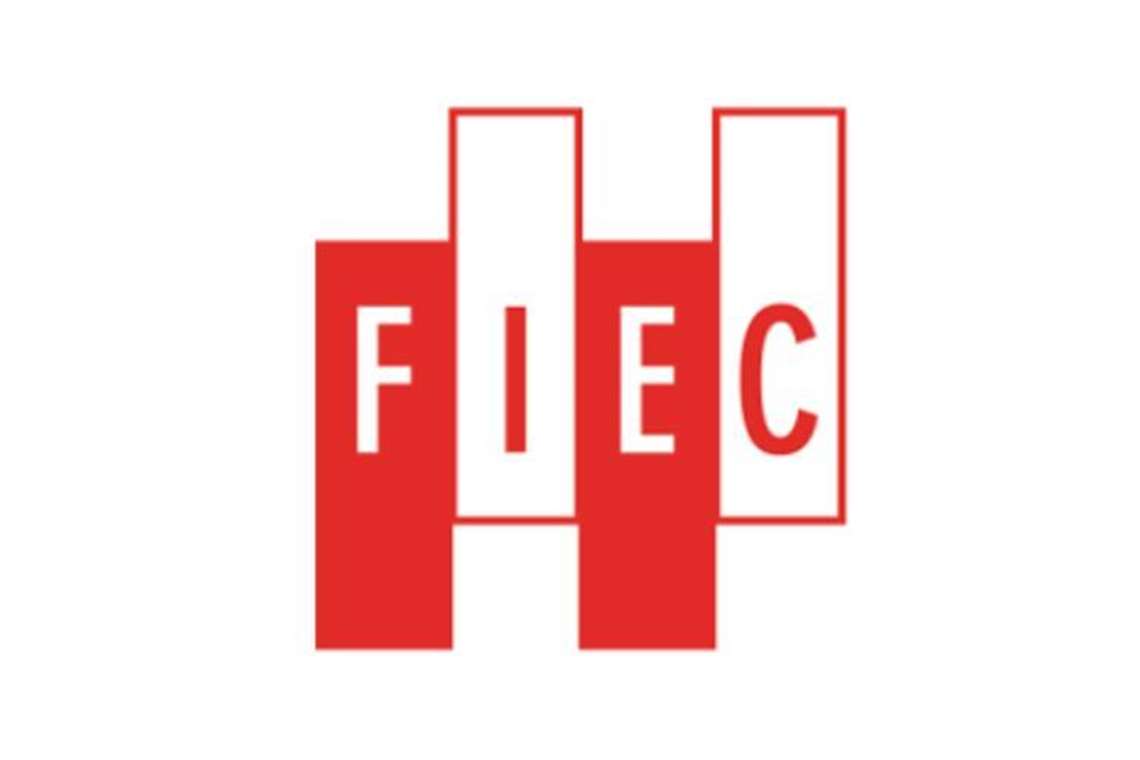Renovation – the key to post Covid recovery?
10 February 2021
FIEC examines the content and potential efficacy of the European Commission’s recently announced Renovation Wave strategy
 The Renovation Wave is a major component of the European Union’s strategy to reduce the construction industry’s carbon footprint
The Renovation Wave is a major component of the European Union’s strategy to reduce the construction industry’s carbon footprint
Last year, during the first few weeks of the Covid crisis, we were talking mainly about the widespread stoppage, caused by the sudden onset of lockdown, which created safety issues that needed solving and labour shortages caused by both the return of some workers to their home countries and the need to quarantine for other workers. As the first wave started to subside, the central theme of discussions moved to the recovery of the industry.
In both the context of the Green Deal, a flagship policy of the European Commission President Ursula von der Leyen; and the Recovery and Resilience package, aimed at supporting the ailing EU economy through the immediate aftermath of the pandemic, the “Renovation Wave” was presented as the panacea that would save construction and at the same time, contribute significantly to the recently increased “climate target”. As FIEC prepares to publish its position, let’s take a closer look at this initiative.
What is in the Renovation Wave?
In the lengthy communication, there are some priority issues for FIEC. Perhaps the most important of these is the planned revision of the Energy Performance in Buildings Directive (EPBD). Given that the EPBD was only recently updated and came into effect only in 2020, this proposal has not been met with enthusiasm within FIEC. Whilst we do understand that the Green Deal goals require accelerated action, we still think it is premature to re-open the EPBD. Any positive impact of the last revision is not yet known. More than one member federation has informed us that no figures on energy performance are available for new buildings constructed since the publication of the “new” EPBD in 2018.
We believe that any further changes should be conditional on the fulfilment of existing obligations. Asking for more now makes no sense and risks simply creating an additional burden for clients as well as contractors. Having said that, as FIEC has long advocated for deep renovation and a holistic approach, not only based on energy efficiency but also addressing structural, safety and accessiblity problems, we broadly support the proposal to create a standard for deep renovation. The industry has to be fully involved in the development of such a standard, but there is no reason why work could not begin already, notwithstanding a postponement of EPBD revision.
Other measures in the Renovation Wave include mandatory minimum energy performance standards, for which there is some support amongst FIEC members; a focus on the public sector taking the lead in order to stimulate orders for renovation, which FIEC strongly supports; and material recovery targets, which we agree need to be reviewed, albeit with our full involvement. On this point, we also stress that recovery must ensure that secondary materials are of a sufficiently high quality and this too must be linked to standardisation, to ensure confidence in the market. Without this, there will be no increase in demand and therefore no increase in the use of secondary materials. The matter of skills is also covered, as well as digitalisation, which FIEC has long since championed.
Important conditions for delivery
While the measures in the Renovation Wave can be applauded as a way of both supporting the recovery of the construction industry and at the same time achieving the ambitions of the Green Deal, certain conditions must be in place for success. The full involvement of the industry in transparent consultation has already been covered. In addition, we ask for material and technology neutrality to be the norm. The industry, along the entire value chain, should not be forced by legislation to use certain materials or methods over others. These must remain choices for clients, designers and contractors, who make decisions based on budget constraints and local climatic conditions as well as local traditions.
A vital condition remains the improvement in consistency and quality of Energy Performance Certificates (EPCs), which remain central to the delivery of the Renovation Wave. FIEC’s position has not changed on this topic, namely that EPCs must be completely reliable and fit for their intended use. Therefore, we are pleased that the Renovation Wave seeks to address EPCs, aiming to raise the level of reliability.
Finally in this snapshot of what FIEC will call for, adequate and easily accessible financial support remains key to a successful Renovation Wave. If people cannot afford to renovate their homes, no flagship policy can succeed in the end. Market demand has always been a critical success factor and the current climate emergency does not change that. As far as we are concerned, the industry has always been enthusiastic about renovation, which is a key segment of our business. So we broadly welcome the Renovation Wave, which should create opportunities for our industry as well as help to achieve the goals of the Green Deal, but we insist that there are conditions for success.
FIEC expects to publish its position on the Renovation Wave in the coming weeks.
FIEC

Avenue Louise 225, B - 1050 Brussels, Belgium. Tel: +32 2 514 55 35; e-mail: [email protected] Recognised “Sectoral Social Partner” (employers) |
This article first appeared in the January/February 2021 issue of Construction Europe magazine.
To receive a regular copy of the digital issue, click here.
CONNECT WITH THE TEAM




